Gothenburg, Sweden’s second city, has a proud history of hosting major events.
One of my earliest TV memories was watching Jonathan Edwards break the triple jump world record at the European Athletics Championships here. Local music idol Håkan Hellström attracted over 70,000 people on two consecutive days in the summer of 2016.
And Gothenburg was also the host city of the 1985 Eurovision Song Contest.
The arena for that contest, Scandinavium, was one of the biggest in that era to host Eurovision, a show which was in the process of transitioning from a theatre show to an arena one. Build in 1971, Scandinavium was a great venue, highlighted not just by its 14,000 capacity but also by its iconic shape, a curved paraboloid roof that was striking for Swedish architecture in the 70’s.
The venue has continued to hold big concerts from the likes of Whitney Houston and Iron Maiden, and world championships in ice hockey, figure skating and floorball.
But today it faces far more competition in Sweden for the biggest shows. Malmö Arena, opened in 2008, has a similar capacity at 15,500 but has all the trappings of modern design and also connectivity, with the arena directly on a train route between both Malmö city centre and Copenhagen.
In the capital city of Stockholm, Scandinavium has had to compete with Globen, the world’s largest hemispherical building and host venue of Eurovision 2000 and 2016. In the last decade have both the Tele 2 Arena and Friends Arena opened, two football stadiums both possessing a retractable roof. Stockholm is now hoovering up the opportunities to host large concerts such as those by Elton John and One Direction.
Gothenburg has a football stadium, Ullevi, but without a roof it is only a practical option in the short Swedish summer, and Gothenburg’s west coast location means it suffers more rainfall than Malmö and Stockholm.
In conclusion, Gothenburg is struggling to compete.
Sweden has hosted Eurovision twice in the last decade, in 2013 and 2016. Malmö won the bidding for the 2013 contest, while Gothenburg didn’t submit a bid.
When Måns Zelmerlöw brought Eurovision back home to Sweden for 2016 it was by rights Gothenburg’s turn. The city had hosted Eurovision just once, and Stockholm and Malmö had now hosted twice.
But Scandinavium was rejected by Martin Österdahl, the Executive Producer for both the 2013 and 2016 Eurovision Song Contests.
There were a few reasons behind this. The first was other events in the schedule; Scandinavium is the arena for local ice hockey team Frölunda Indians, and in 2016 the local team successfully got through the playoffs to win the Swedish Ice Hockey championships, meaning extra home fixtures.
The further issues lie with the arena itself. Scandinavium’s design isn’t as accessible on the inside as other venues – for example large trucks must park up outside rather than being able to drive in and be unloaded inside. It is workable, but this either increases set up time or the man power needed to make the required preparations.
And the biggest issue is that paraboloid roof. The roof of this arena is saddle shaped and sags in the middle. To support the roof, there area suspension supports that travel from either corner underneath the roof line. This reduces the height between the floor and the lightning rig set up, meaning making Eurovision a spectacular TV show is more problematic here.
 The roof supports clearly visible on the roof of Scandinavium. Photo: Ben Robertson/ESC Insight
The roof supports clearly visible on the roof of Scandinavium. Photo: Ben Robertson/ESC Insight
I spoke to the CEO of GotEvent, Lotta Nibell, before rehearsals began for this week’s Melodifestivalen. GotEvent is the company ran by Gothenburg Council overseeing all their arenas in the city, from the football stadium to smaller sports halls.
“We have the limits of the venue; it’s only 13.5 metres of height we can use. We can take up to 70 tonnes of weight on our roof. There is support strength already but it depends on how you hang things. I think about eight out of ten acts downscale these days when they come here because there are more and more things hanging due to stage design and lighting,” she says.
The team running the arena know that they aren’t able to match the facilities at other competing venues. When Lotta travelled to Stockholm in 2015, to pitch for a chance to host Eurovision the following year, her technical team had worked out a solution to take up to 100 tonnes of weight by adding extra ground support. However the main problem was space and volume, and there’s just not enough space to hang up all of the equipment.
Gothenburg Council is well aware of this.
In 2017 a study was undertaken to look at options to renovate the area around Scandinavium. By May 2018 the local council had come to the decision to replace many of Gothenburg’s arenas, including Scandinavium. The city council admits that their current arena offering just doesn’t live up to the requirements for hosting major modern events.

The plans for a new re-development in Gothenburg’s south eastern corner. Image: Plats För Göteborg
The plan was scheduled to be agreed by this week, but a decision has now been postponed to the end of February.
There are two options now on the table. The first is the original plan, a huge scale project to build a brand new arena on a parking lot and football pitch across the road, while Scandinavium and nearby buildings turn into a shopping centre and housing district. The alternative is to move Scandinavium to the location of the city’s most popular swimming pool, Valhallabadet, with some housing in the space inbetween. In the meantime a temporary arena would be built, to be converted into a sports hall at a later date.
That is if the politicians can find any final agreement, after two years of discussions about a plan and still a lack of consensus. Lotta tells me there’s disagreement not just between parties but within parties. She emphasizes the need for a plan and a schedule, whichever it is.
But even if plans get approved, an arena wouldn't be complete until 2027 at the earliest.
As traditional in the middle of Melodifestivalen season, Sweden is currently one of the favourites to bring home a seventh victory in May. If that becomes the case Gothenburg is able to host, but it’s going to have to find ways to work around limitations just like Kyiv and Tel Aviv had to do. The Malmö and Stockholm editions this past decade were some of the cheapest hostings of modern Eurovision and it would be hard to argue against returning to Globen or the Malmö Arena with their better on the ground logistics.
The Eurovision Song Contest needs more than a space for a four hour Saturday night show. It needs weeks of preparation, the ability to bring in equipment easily and to lift huge weights and volumes of equipment up above the audience. In a country like Sweden blessed with infrastructure and modern venues, making do isn’t enough. Gothenburg could host Eurovision, but it’s hard to see that ever happening in today’s Scandinavium.
Ben Robertson from ESC Insight is writing for The Local during Melodifestivalen 2020.

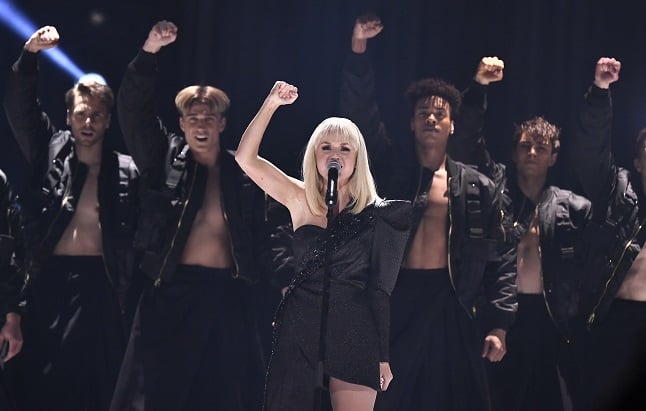
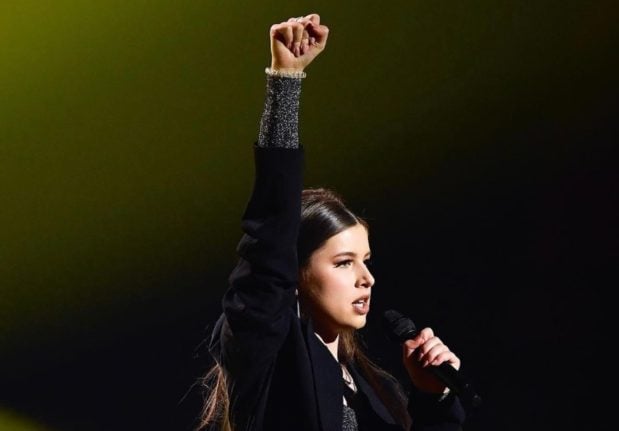

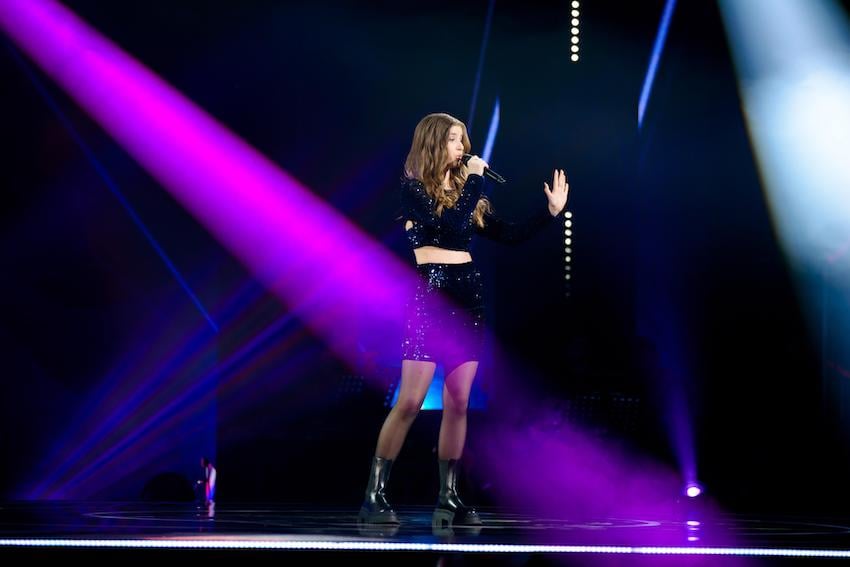
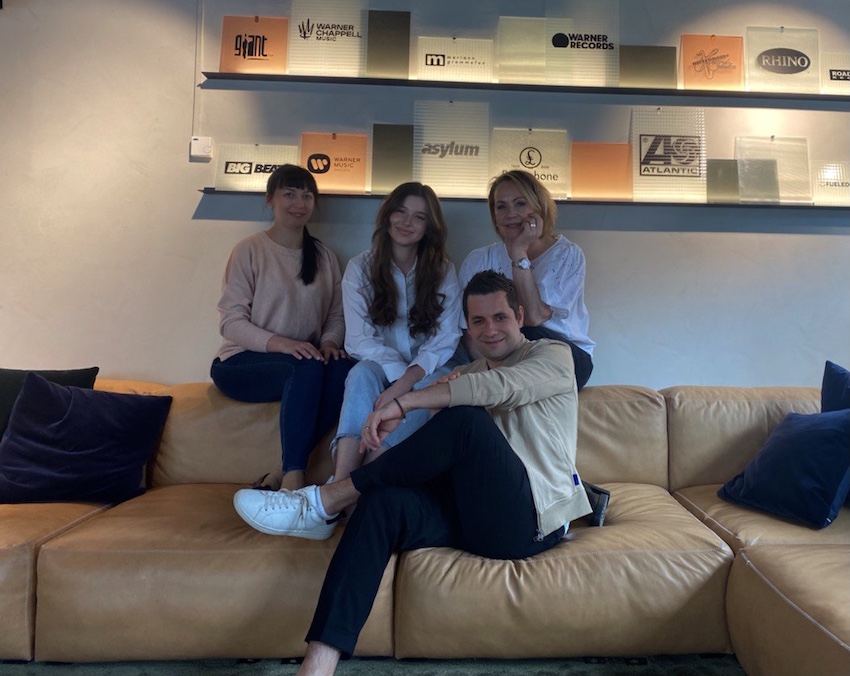
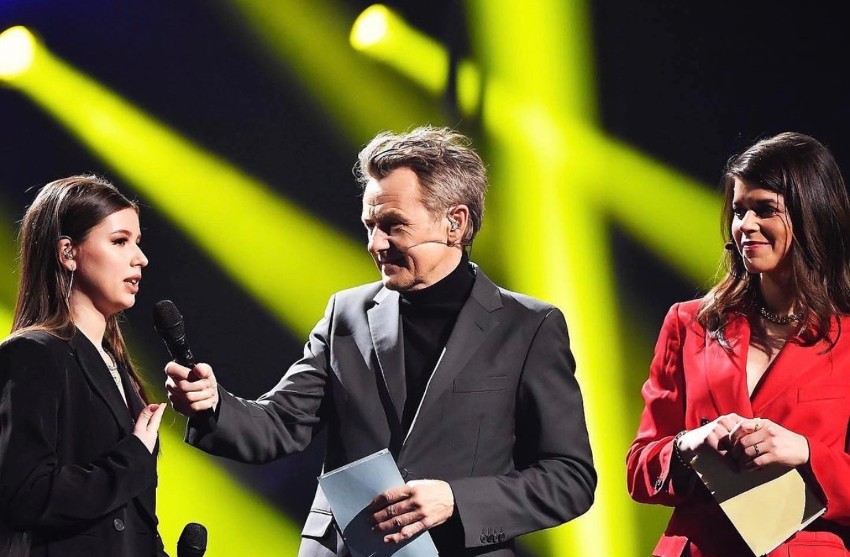
 Please whitelist us to continue reading.
Please whitelist us to continue reading.
Or perhaps because it is becoming a bit explosive?